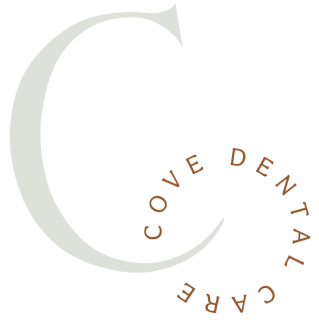Greer:

Best Emergency Dentist in Greenville, SC
In times of dental emergencies, we understand the anxiety and urgency you may feel. Please know that our team is fully committed to addressing your needs promptly and efficiently. You can rely on us to provide compassionate care and support as we work together to resolve your dental concerns. Whether it's a sudden toothache, a broken tooth, or any other urgent issue, we're here to help. Don't hesitate to contact us at 864-268-7812, and our Greer office will make every effort to accommodate you as soon as possible. Your comfort and well-being are paramount to us, and we'll go above and beyond to ensure you receive the care you deserve during these critical moments.
Get help Now
Or Call: 864-263-2600
Your Greenville, SC Emergency Dentist
We completely empathize with the stress dental emergencies can bring. Rest assured, our team is here to provide timely assistance when these situations arise. Reach out to us at 864-263-2600, and our Greer office will prioritize your immediate care by scheduling an appointment promptly. Your well-being is our priority, and we’re dedicated to alleviating your concerns during these critical moments.
Tooth Extractions
Repairing Broken or Chipped Teeth
Treatment of Toothaches
Broken Crowns or Fillings
Bleeding Gums
Abscesses or Swelling
Dr. Carraway answers your most common questions about dental emergencies.
What to expect during your emergency dentist appointment.
When your in pain, you deserve swift, dependable attention from a skilled and compassionate dental team. We’ll treat you like family every step of the way. We know you’ll enjoy our comfort-first approach
Compassionate Team
Skilled Dentists
Advanced Technology
Natural Looking Results
Amenities to Help You Relax
The Crucial Role of Emergency Dentistry
Emergencies can strike at any time, and oral health is no exception. When it comes to dental issues, prompt attention is often the key to preventing further complications and alleviating pain. This is where emergency dentistry plays a vital role, providing immediate care and addressing urgent dental concerns. Here’s a closer look at the importance of emergency dentistry:
1. Swift Pain Relief
One of the primary reasons emergency dentistry is crucial is its ability to offer swift pain relief. Dental emergencies, such as severe toothaches, fractures, or abscesses, can be incredibly painful. Seeking emergency dental care ensures that you receive timely pain management, addressing the discomfort promptly.
2. Injury and Trauma Response
Accidents happen, and dental injuries can be particularly distressing. Whether it’s a knocked-out tooth or a broken dental appliance, emergency dentists are equipped to handle trauma promptly. Quick intervention increases the chances of saving a dislodged tooth or managing other injuries effectively.
3. Prevention of Further Damage
Ignoring a dental emergency can lead to escalated problems. For instance, a small cavity left untreated can progress to a severe infection. Emergency dentistry aims to prevent further damage by addressing issues promptly, reducing the risk of complications and the need for more extensive and invasive treatments later.
4. Dental Infections and Abscess Management
Dental infections and abscesses can have serious implications for both oral and overall health. Emergency dentistry is essential in managing and treating these conditions promptly, preventing the infection from spreading and causing more significant health issues.
5. Stress and Anxiety Reduction
Dealing with a dental emergency can be stressful and anxiety-inducing. Knowing that emergency dentistry is available provides reassurance and a sense of control in critical situations. This can contribute to a more positive overall dental experience, even in challenging circumstances.
